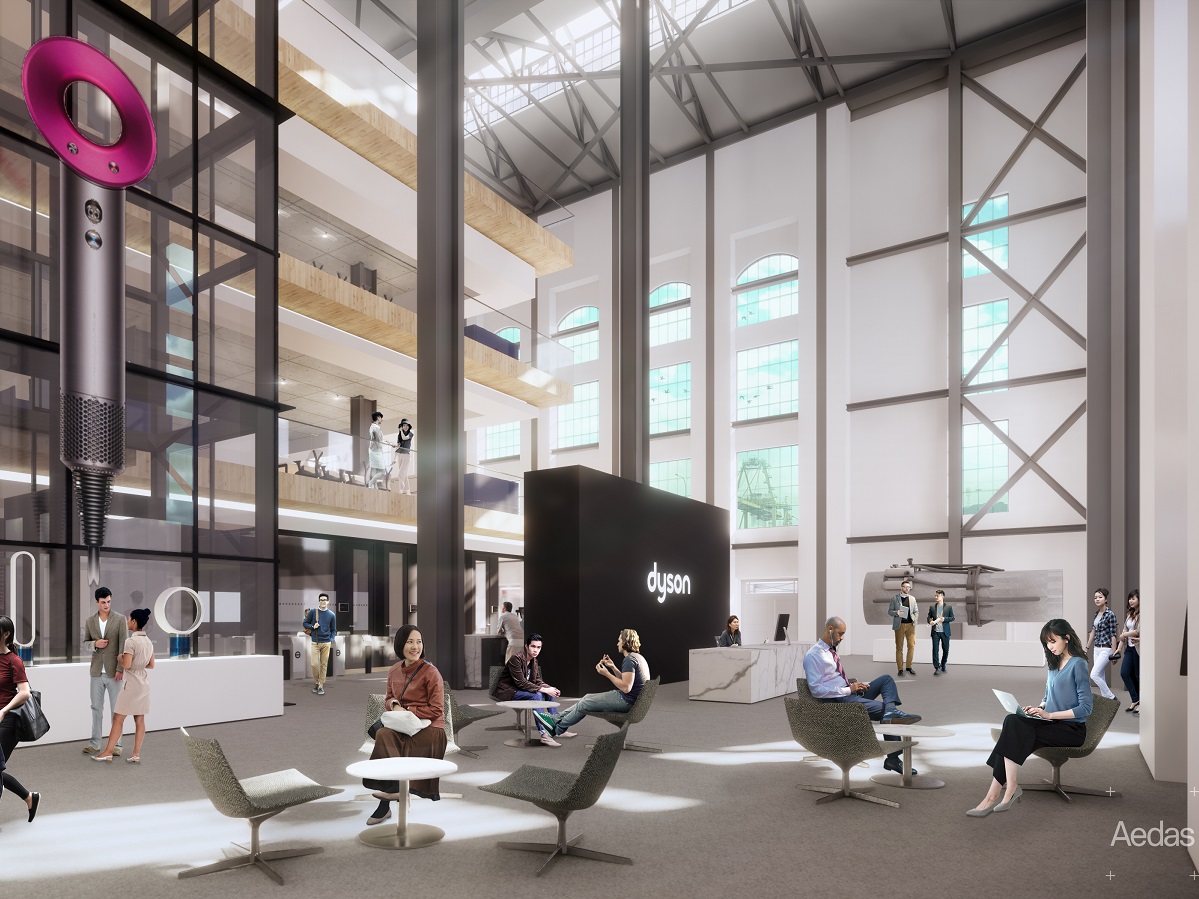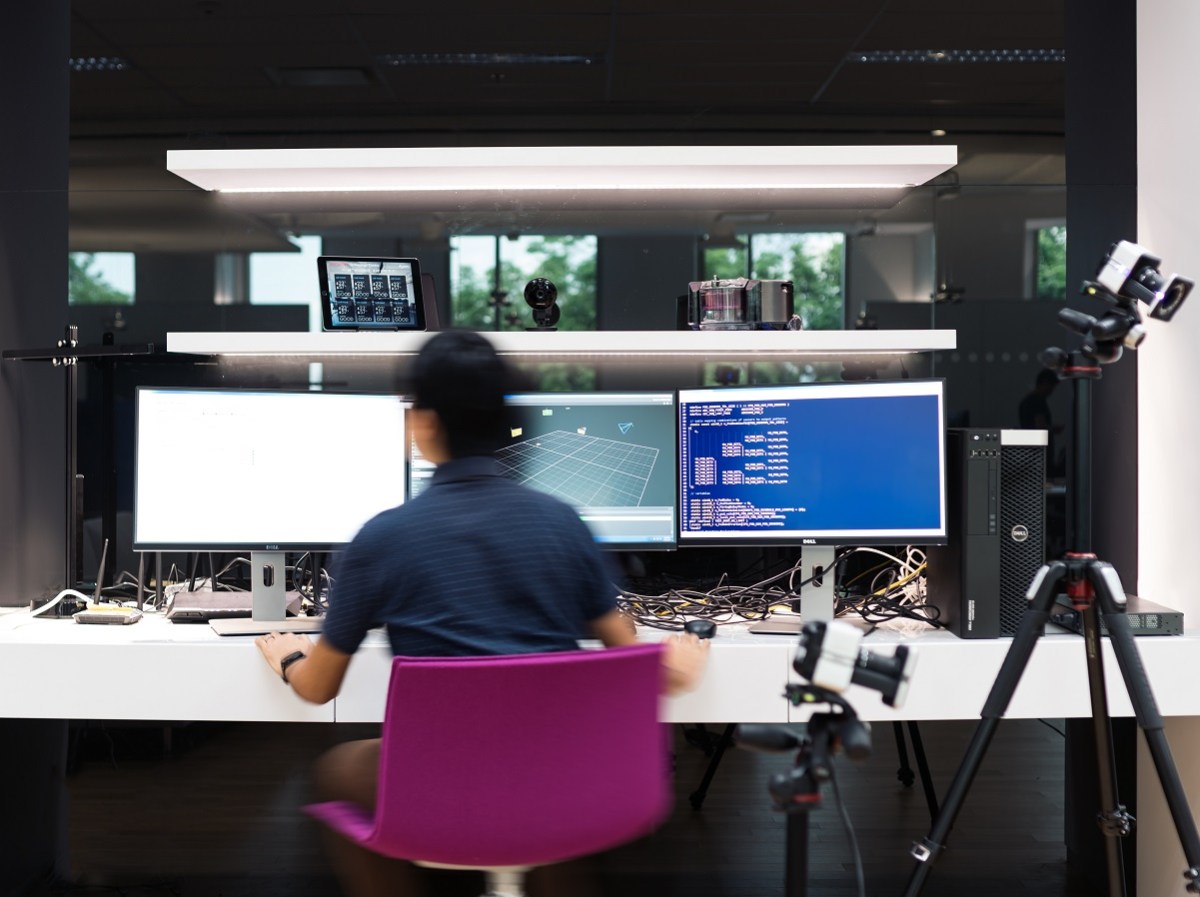Dyson will invest 2.75 billion Pounds (A$4.95 billion) in new technologies over the next five years as it looks to double its product portfolio and enter new fields – beyond the home – by 2025.
The investment will be focused on Singapore, the UK and the Philippines and is supported by plans to hire additional engineers and scientists in the fields of software, machine learning and robotics. A key focus is the commercialisation of Dyson’s proprietary solid state battery technology which is currently under development.
The expansion of operations in Singapore, UK and South East Asia, is a vital step of the company’s future development, according to Dyson CEO, Roland Krueger.
“Now is the time to invest in new technologies such as energy storage, robotics and software which will drive performance and sustainability in our products for the benefit of Dyson’s customers. We will expand our existing product categories, as well as enter entirely new fields for Dyson over the next five years. This will start a new chapter in Dyson’s development,” he said.

Dyson is progressing plans to open its new global head office complex in the St James Power Station in Singapore (artist impression above). This will be accompanied by an expansion of its advanced R&D facilities and research labs, a new University research programme andadvanced manufacturing hub.
Dyson will also create a new dedicated software hub in Alabang, Philippines, building on its existing Philippines Advanced Manufacturing (PAM) facility in Calamba, which manufactures 13 million Dyson digital motors each year. The new software lab reflects the company’s global investments in software and will accelerate the development of new machines.
Dyson is deepening its commitment to advanced robotics research and AI on its Hullavington Airfield Campus. The investment underlines the important role of the Dyson UK Innovation Campus – in both Malmesbury and Hullavington – to innovate new technologies and products. Investments into the UK Campuses will drive new research in fields of study including products for sustainable healthy indoor environments and wellbeing.

